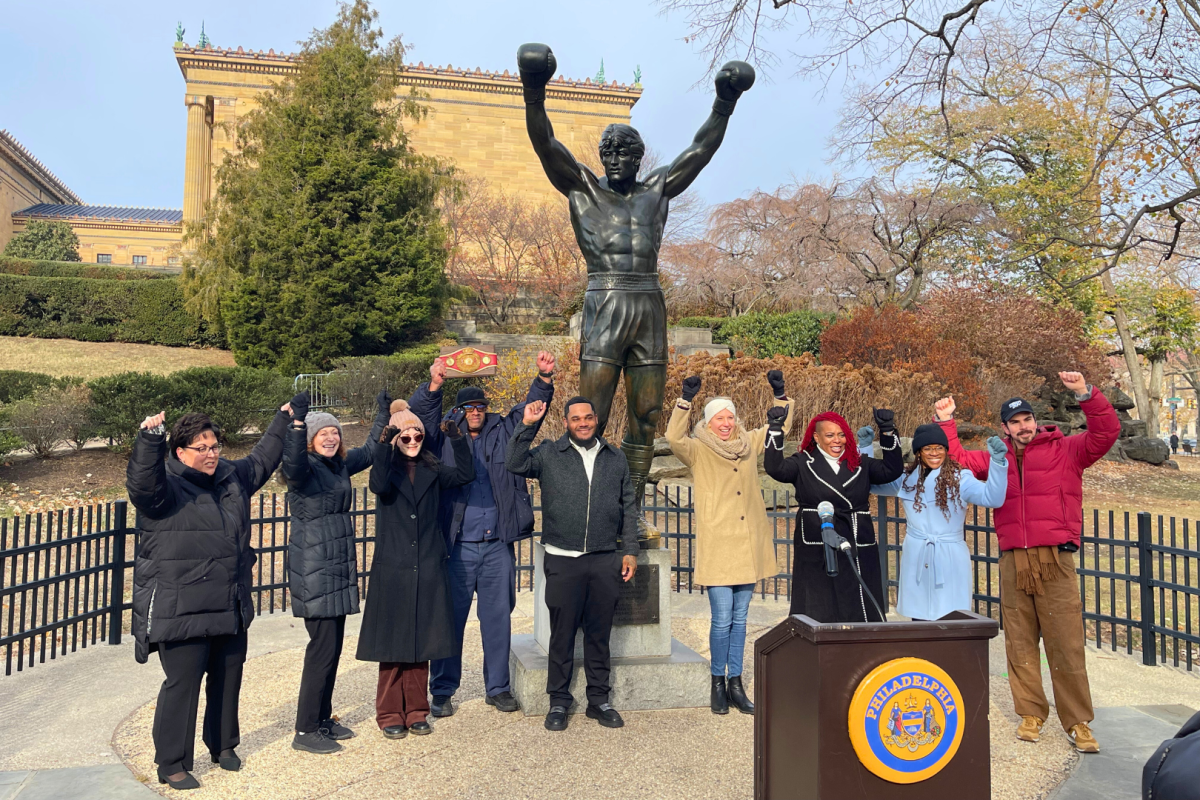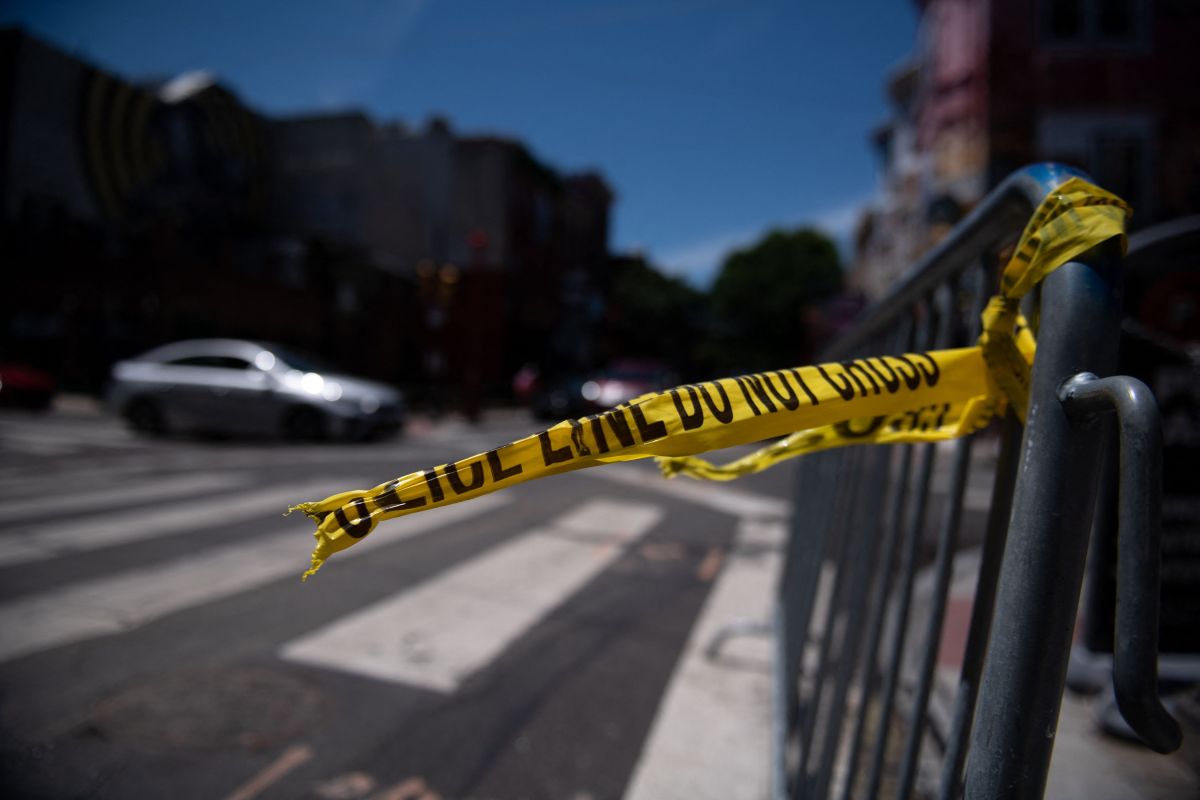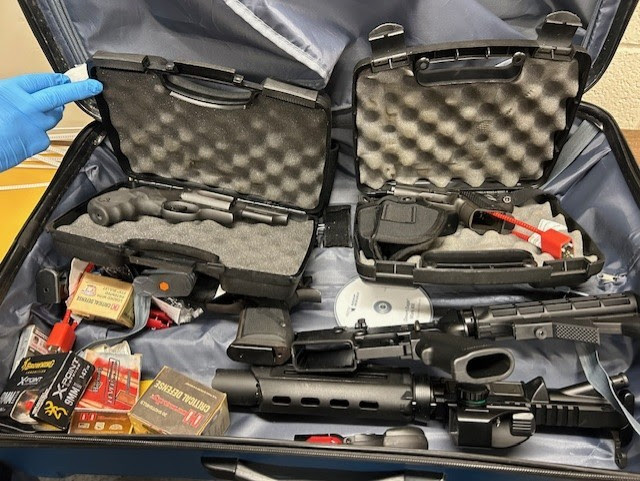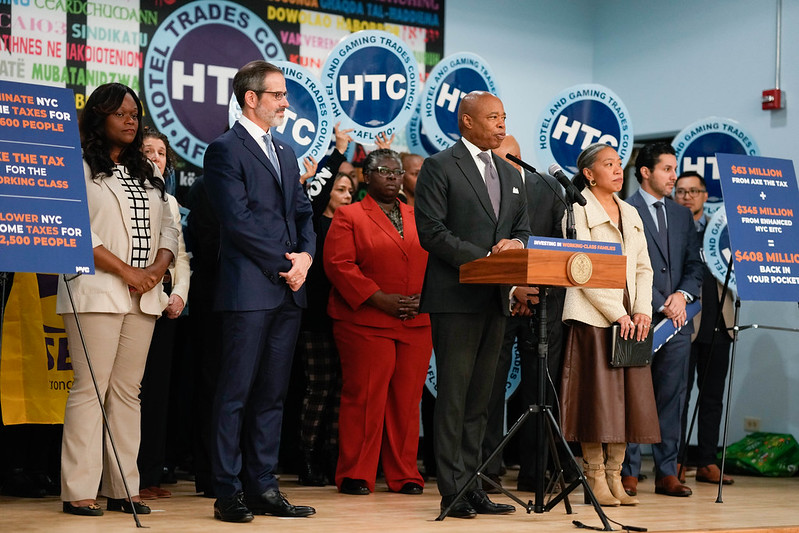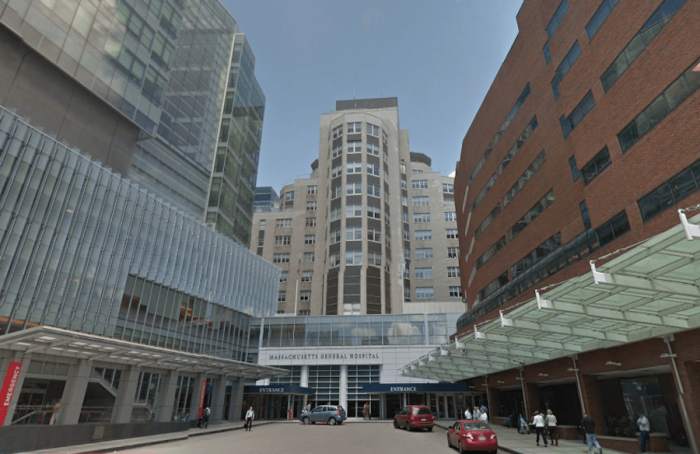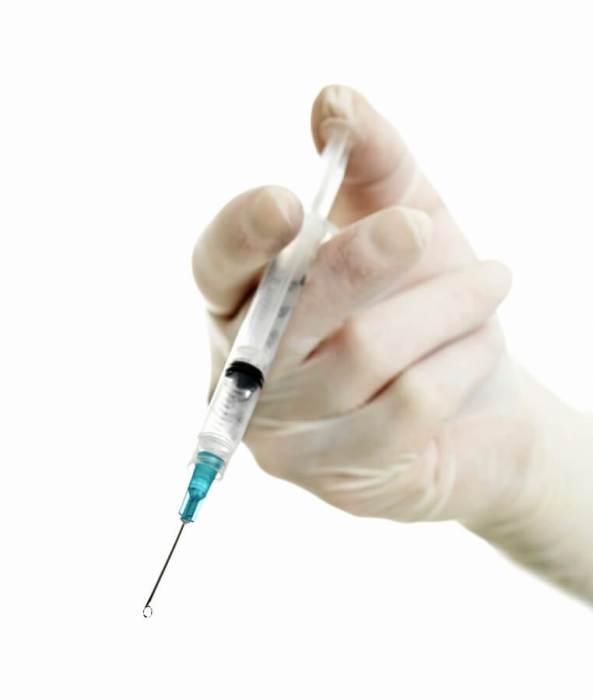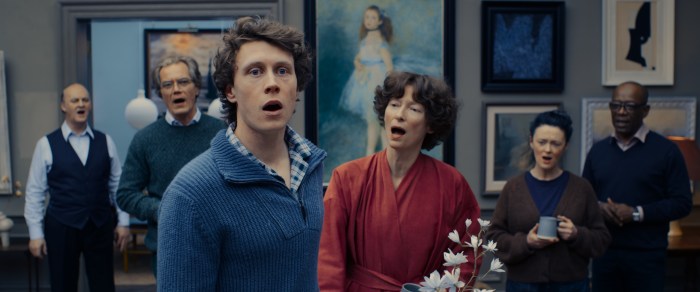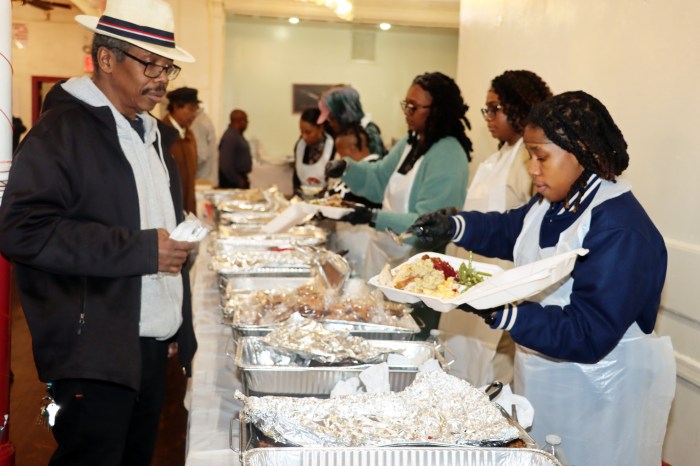Marijuana compound may help heal bone fractures
This Week in Health: Marijuana compound may help heal bone fractures

Location of study: Israel
Results: Can marijuana help heal broken bones? Researchers from Tel Aviv University say that it appears so. To be clear, researchers specifically looked at a marijuana compound called CBD (cannabidiol), which does not trigger a psychoactive response. When administered to rats with mid-femoral fractures, CBD appeared to significantly enhance the healing process.
Significance: Researchers say it could be a game changer for bone-related illnesses like osteoporosis. “The clinical potential of cannabinoid-related compounds is simply undeniable at this point,” study leader Dr. Yankel Gabet said in a press release. “While there is still a lot of work to be done to develop appropriate therapies, it is clear that it is possible to detach a clinical therapy objective from the psychoactivity of cannabis. CBD, the principal agent in our study, is primarily anti-inflammatory and has no psychoactivity.”
Study subjects: Over 69,000 men and nearly 78,000 women
Location of study: U.S.
Results: Spend most of your day sitting? If you’re a woman, it may put you at higher risk for a variety of cancers. According to a new study from the American Cancer Society, women who spend more leisure time sitting are at an increased risk for developing multiple myeloma, breast cancer and ovarian cancer.
Significance: “The more you sit, the higher the risk of dying prematurely,” says lead investigator Alpa Patel, Ph.D. She adds that current guidelines recommend adults get 150 minutes of moderate to vigorous exercise each week; something many Americans fail to do. On top of that, advancements in technology and transportation only encourage more time spent sitting.
Location of study: U.S.
Results: If not treated within minutes, sudden cardiac arrest is usually fatal. The condition, which kills roughly 200,000 Americans each year, occurs when the heart unexpectedly stops beating. In a recent study, cardiac arrest victims who received bystander CPR combined with defibrillation by a first-responder had a significantly higher chance of surviving the event.
Significance: Researchers from Duke University say that the survival rate for cardiac arrest would likely be much better if more people in the community were trained in CPR. “I think the biggest takeaway is that it’s really possible to improve survival from cardiac arrest if one makes a concerted and organized effort to train people to do hands-only CPR and organize one’s first-responders to place AEDs,” says Christopher Granger, M.D., professor of medicine at Duke University.
Content provided by ZipTrials, a trusted source for the most up-to-date medical news and trending health stories.













